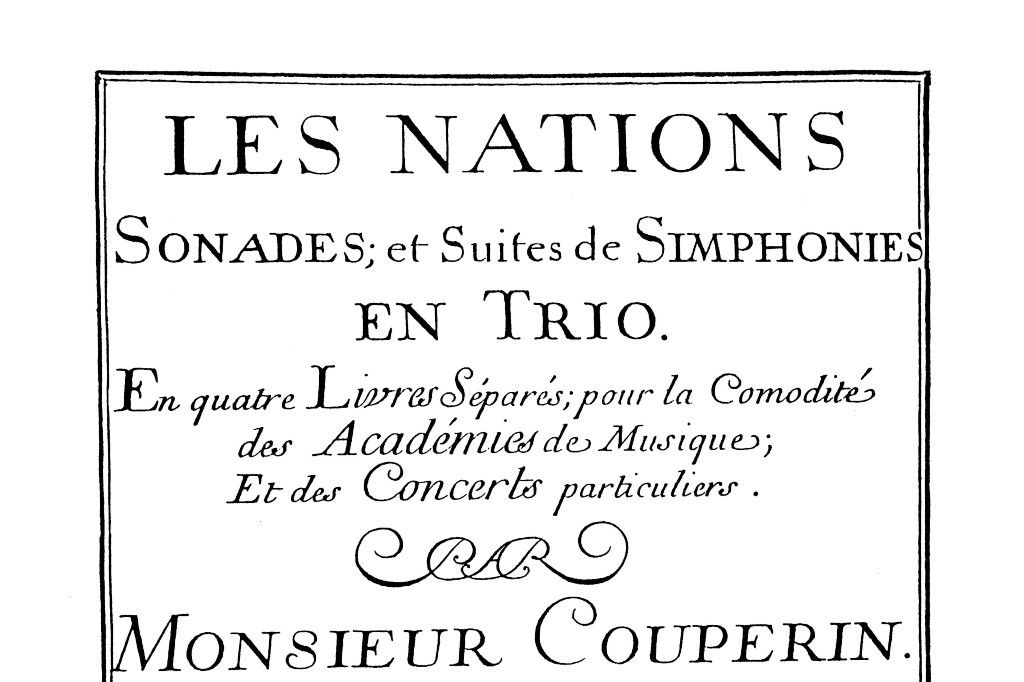Welcome to Harmonia Uncut, the podcast that takes you to early music performances you might have missed. I’m Wendy Gillespie, inviting you to join me for a trip to Bloomington, Indiana, in November of 1983. The newly hired harpsichord teacher, Elisabeth Wright, violinist Stanley Ritchie, and recorder teacher Eva Legêne were sharing the stage with oboist Bruce Haynes and cellist and viola da gamba player Susie Napper for a concert in Recital Hall. Baroque performance practice was new at IU, so what you are about to hear was quite shocking for this sophisticated audience - trust me.
We’re going to hear the first piece from their concert, an epic trio sonata in D minor called “L’Impériale” by François Couperin, and the one whose performance raised the most eyebrows at what was then the IU School of Music. This is an early work of Couperin, but he is already uniting tastes, combining the Italian and French styles. It is one of a set of four trio sonatas called Les Nations, and despite its Italian and French elements, it is meant to evoke the Holy Roman Empire. The trios all consist of a little Italian sonata, with its own four sections compacted into a single movement, followed by suite of French dances, in this case ending with a long chaconne followed by a menuet chaser.
MUSIC
I think they liked it….and you have to understand that the idea of notes inégales was pretty revolutionary stuff at the time. Okay, in some places it still is! We’ve been listening to a performance of Francois Couperin’s trio sonata “L’Impériale” from his collection Les Nations in a concert from November 16, 1983, in Bloomington, Indiana. The performers were Stanley Ritchie, violin; Bruce Haynes, oboe; Eva Legêne, recorder; Elisabeth Wright, harpsichord; and Susie Napper, viola da gamba, and the venue was Recital Hall at what is now the Jacobs School of Music. Many thanks to the IU Cook Music Library for kindly digitizing their reel-to-reel tape for us.
We’re always interested in hearing your thoughts about this podcast. You can find Harmonia on Facebook, or leave a comment or question any time by visiting harmonia early music dot org. This has been Harmonia Uncut, and I’m Wendy Gillespie, thanks so much for joining me!










